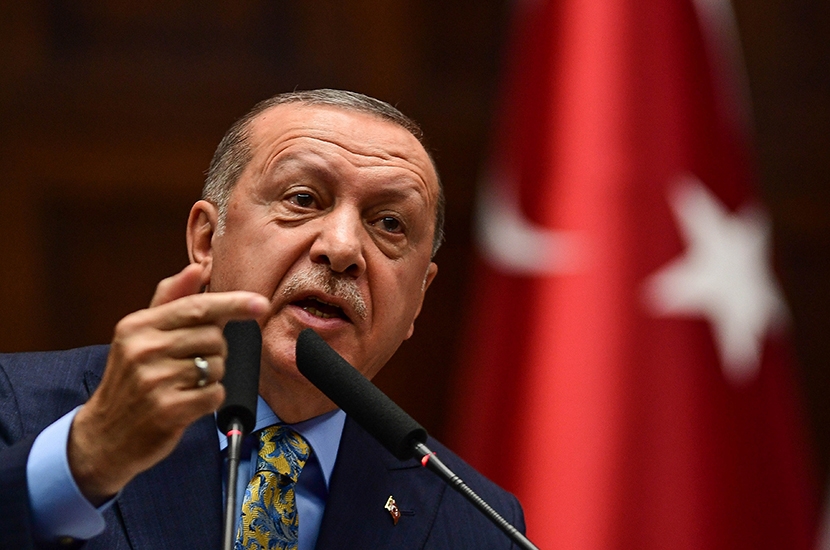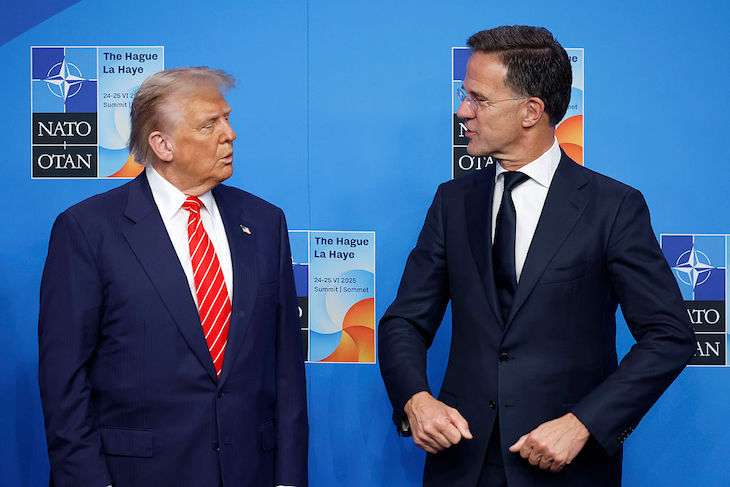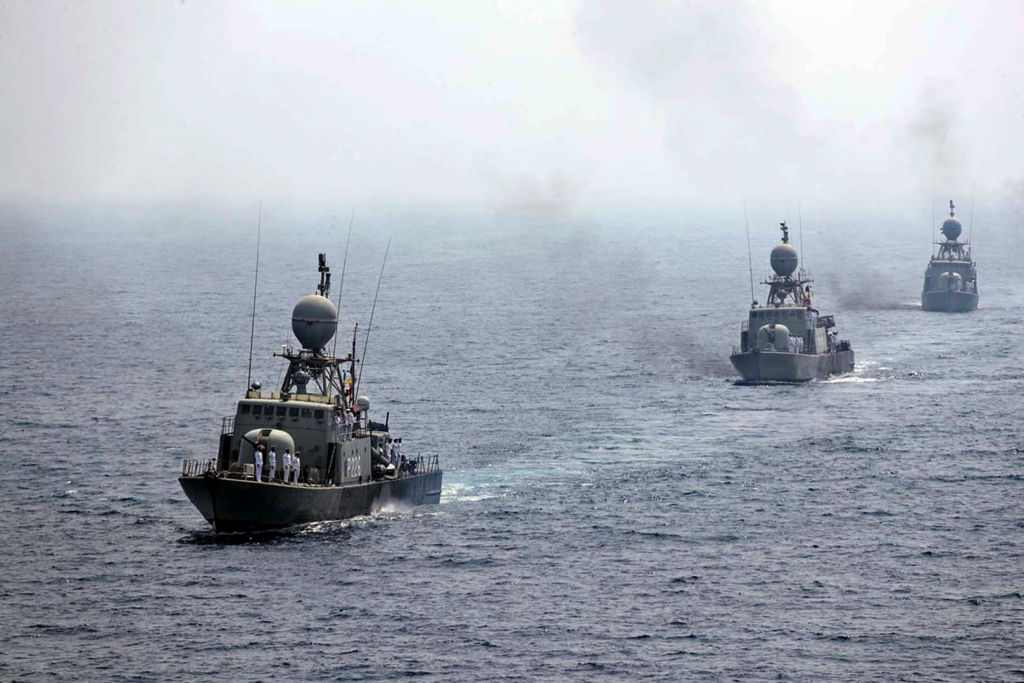If you enjoyed the weeks-long intra-NATO spat about whether to send heavy tanks to Ukraine, then you’re going to love the ongoing kerfuffle about whether Sweden and Finland should be admitted into the transatlantic alliance. Whereas Germany was the lone holdout in the first instance, Turkey is the obstacle in the second — and going by the fiery words of Turkish President Recep Tayyip Erdogan, the squabble won’t end soon.
Erdogan, in the midst of his toughest election campaign in two decades, has been using his veto over Sweden’s and Finland’s NATO memberships to press both countries on one of his top priorities: cracking down on the Kurdistan Workers’ Party, a group Turkey, the US, and the European Union all label a terrorist organization. The irony is that his objections to NATO enlargement don’t concern NATO at all. Rather, they are a calculated attempt to push Sweden and Finland into enabling the eradication of a Kurdish insurgency that has fought the Turkish state for decades. Erdogan is giving the Swedes and Finns an ultimatum: do what I ask or you won’t be in the NATO family.
This isn’t the first time Erdogan has leveraged his veto power on the issue (all NATO members have to agree to admit an applicant, which means any one country can block the move). Last summer, when Finland and Sweden were trying to get their applications bids through the first step of the process, the Turkish government stressed it wouldn’t support them if the Kurdish issue (among others) wasn’t dealt with. The accession talks eventually went through in July, but only after the Swedish and Finnish foreign ministers signed an agreement with Ankara dropping their arms embargo on Turkey, reaffirming that the PKK is a terrorist group, and promising to address Turkish extradition requests.
Erdogan, however, hasn’t been satisfied with the implementation — particularly with respect to Sweden. Much of the fault can be traced back to the agreement itself, which is so vague that it allows the signatories their own interpretations of what is and isn’t required. The Swedes, for instance, have a stricter interpretation on what constitutes a legitimate extradition request than the Turks do. Individuals viewed by Erdogan as bloodthirsty terrorists who deserve to be locked up are simultaneously viewed by Swedish officials as deserving of judicial review.
Last week’s small protest by fringe, far-right Islamophobes, during which a Quran was burned in front of the Turkish Embassy in Stockholm, has only made matters worse. Finnish foreign minister Pekka Haavisto has called for a time-out period for all three sides before resuming discussions. Yet the Turks were enraged: scheduled talks between Turkey, Sweden, and Finland have been postponed, and Turkish Foreign Minister Mevlut Cavusoglu has said further dialogue would be “meaningless.” The pending Turkish elections have given Erdogan justification to be more of a stubborn nationalist than he already is, so the prospect of the three countries sitting down again will likely have to wait until after those elections in May (or later if there is a runoff).
The US, meanwhile, is apparently so desperate to have Finland and Sweden in NATO that it’s willing to bribe the Turks for their cooperation. On January 13, the Wall Street Journal reported on the Biden administration’s intent to notify Congress of a potential $20 billion arms package to Turkey, including the sale of 40 new F-16 aircraft. The deal would reportedly only go through if Turkey dropped its objections to Sweden and Finland becoming NATO’s newest members. The administration contends the arms deals aren’t linked to NATO enlargement, but anyone with an ounce of common sense can see this is poppycock.
Nobody knows how this drama will end. US and European officials are expecting Erdogan to become more cooperative after Turkey’s elections (assuming Erdogan wins, of course). But it’s just as likely that Erdogan or his successor will continue the tough line on NATO enlargement because it’s politically beneficial. For Erdogan in particular, not bowing to demands from Washington and Europe has become central to his political persona. Indeed, it may even be a smart play for Turkey, a mid-level power in a geographically strategic position whose political leadership is increasingly mindful of preserving a sense of balance in its foreign policy. Nobody can blame the Turks for using whatever power they possess to advance their own security interests — even if every other NATO capital strongly disagrees with their choices.
Erdogan’s behavior in this entire affair has been curious. More curious is why the US is so desperate to bring Finland and Sweden into the alliance that it’s willing to send Turkey some of the most advanced fighter jets on the market. Foreign policy pundits in Washington will answer this question in the most predictable fashion: bringing in the two Nordic countries will boost the alliance’s military capacity, trumpet its resolve, and demonstrate to Vladimir Putin that his invasion of Ukraine was history’s biggest own-goal. Yet expanding the alliance also means expanding America’s security umbrella and the number of countries it’s bound to defend — with nuclear weapons, if necessary.
F-16s for an additional security burden in Europe? Is this really a good deal?

























